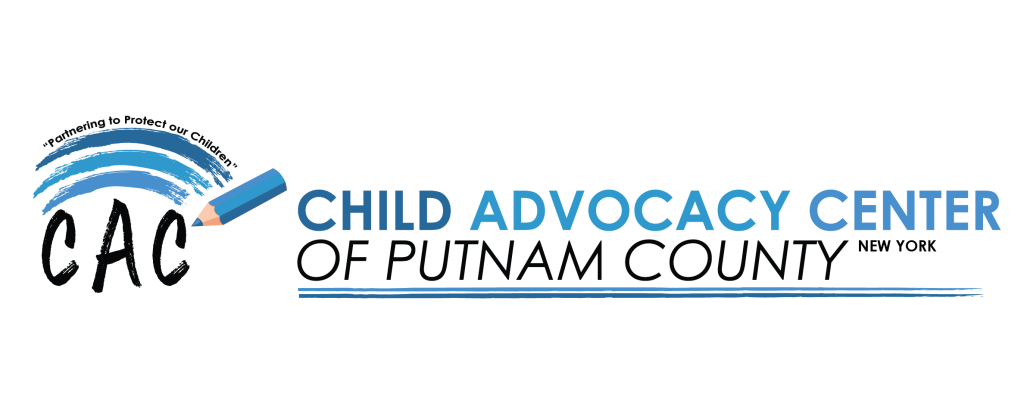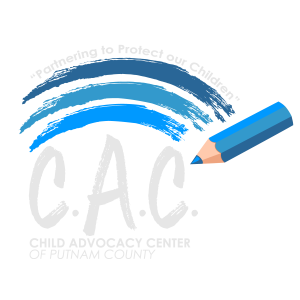COMMUNITY EDUCATION
New York State Mandated Reporter Training:
Training on the identification and reporting of child abuse. It is approved by the NYS Education Department and is required by all licensed professionals involved in reporting child abuse and neglect. New York State recognizes that certain professionals are especially equipped to fill the important role of mandated reporter. Mandated Reporters are required to report when, in their professional capacity, they are presented with reasonable cause to suspect child abuse and maltreatment.
CLICK HERE FOR VIRTUAL TRAINING.
Less is More:
Designed to give Mandated Reporters the tools to optimally respond when a child discloses or indicates that he or she may be a victim of child abuse. The goals are to:
- Support the safety and well-being of the child
- Clarify the role of the mandated reporter
- Provide response procedures
First Responder: Understanding and Responding to Child Abuse Allegations:
The goal of training is to ensure best practice first response in child abuse cases for all first responders.
Responding to child abuse allegations is a challenging undertaking. During the investigation it can be difficult to find the balance of child safety, while minimizing the potential for negative effects. This training breaks down common misconceptions and explains correct procedures. This ensures that children receive the help they need, in a timely and sensitive manner.
Protecting Our Children: Lessons Learned from Sex Offenders
English & Spanish
The workshop educates adults about the warning signs of sexual abuse using information provided by child sex offenders. The program is taught by trained Prosecutors, Investigators, Advocates and Clinicians who have direct experience working with child abuse victims and offenders.
Topics include:
- How and why adults sexually abuse children.
- Common “grooming tactics” used by offenders.
- Practical child and family “rules” for safety.
- Addressing the growing number of offenders and “predators” living in our community.
Online Safety –for parents and/or children
Keeping children safe is more challenging today than in years past. The Internet has changed the way we live. Children and teenagers benefit from being online, but they can also become targets of crime and exploitation and need to learn how to safeguard themselves. Parents need to balance awareness of kids’ online activities while respecting their privacy. Parents and educators need to work together and stay up to date in technology to best protect our children.
Training topics are customized to the audience and address cyber bullying, sexting, online privacy and digital citizenship.
Identifying and Supporting Survivors of Commercial Sexual Exploitation of Children and Youth Trafficking for Child Serving Professionals
- Part I: Identifying and Supporting Survivors of Commercial Sexual Exploitation of Children (CSEC): Part One of this training promotes awareness of CSEC and provides foundational knowledge of youth trafficking for child serving professionals. This training will help those who work with children:
- Recognize that CSEC (Commercial Sexual Exploitation of Children) youth are victims of crime and survivors of abuse.
- Identify the red flags of CSEC and child trafficking and what makes youth vulnerable to these crimes.
- Use trauma-informed principles in interactions with CSEC or trafficked youth.
- Engage CSEC youth in health and safety-based conversations regarding their sexual experiences.
- Part II: Youth Trafficking for Child Serving Professionals: Part Two of the training builds on the foundational knowledge gained in Part One and reinforces practical skills for working with survivors and youth trafficking. This training will help child serving professionals:
- Describe and discuss CSEC and youth trafficking with colleagues and vulnerable youth.
- Use basic engagement techniques to enhance interactions with CSEC and trafficked youth.
- Explain how the stages of change model can be applied to CSEC and trafficked youth.
- Develop individualized safety plans to support CSEC and trafficked youth emotionally and physically.
- Recognize vicarious trauma and its impact on professionals who work with CSEC and trafficked youth.
*These trainings can be delivered individually or as a pair.
PREVENTION & OUTREACH
- Child Safety Matters
Child Safety Matters is a comprehensive, evidence-based curriculum for elementary school students in grades K-8 and has been approved to meet all of Erin’s Law requirements. The program educates and empowers children and all relevant adults with information and strategies to prevent, recognize, and respond appropriately to bullying, cyberbullying, and all types of abuse and digital abuse dangers. This program was developed with schools to make the best use of existing resources and to ensure schools have effective programs that are easy to implement. It is presented in two comprehensive lessons ranging from 35-55 minutes by trained facilitators and teaches students with an interactive classroom design including age-appropriate activities, games, and take-home reinforcement materials. For more information on the curriculum go to the CSM website at https://www.mbfpreventioneducation.org/. - Handle With Care Program
Handle with Care (HWC) is a school-community response to help ensure that children exposed to trauma in their home, school, or community receive appropriate support to help them achieve emotionally and academically. If a first responder encounters a child during a call, that child’s name and three words, HANDLE WITH CARE, are forwarded to the school/ child care agency. HWC assists in identifying and supporting children who may need extra time and patience throughout the day. - Pinwheels for Prevention
Since 2008, pinwheels have been used as a national symbol of great childhoods. Since then, pinwheel campaigns have raised awareness and financial support in communities across the country, reinforcing the need for safe, stable, and nurturing relationships and environments that help children thrive. Seeing the blue pinwheels can help educate communities about the importance of supporting children and promote policies that prioritize prevention right from the start to make sure child abuse and neglect never occur. - Champions for Children Breakfast
Our annual breakfast recognizes April as Child Abuse Prevention Month and celebrates the staff across Putnam County who help ensure the safety of our children. - Safe Harbour
The Child Advocacy Center partners with Green Chimneys to support their services to identify youth who are at risk of victimization and provide necessary therapeutic support. For referrals, call the Green Chimneys’ Crisis Line at 845-279-2588.


